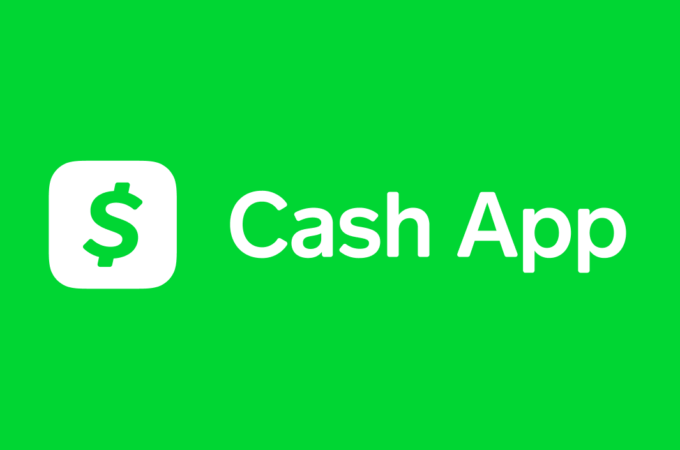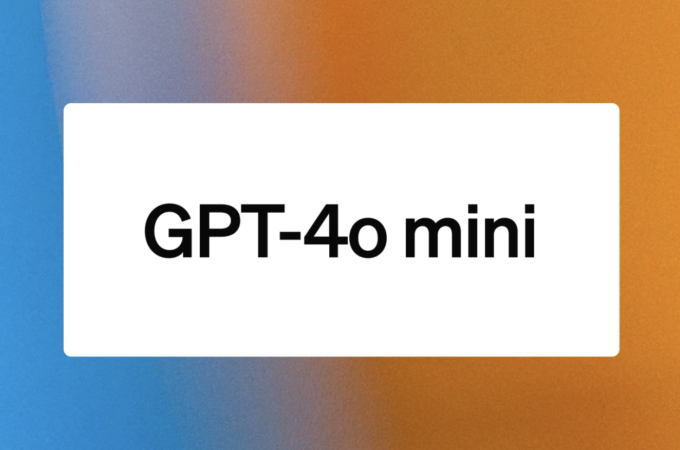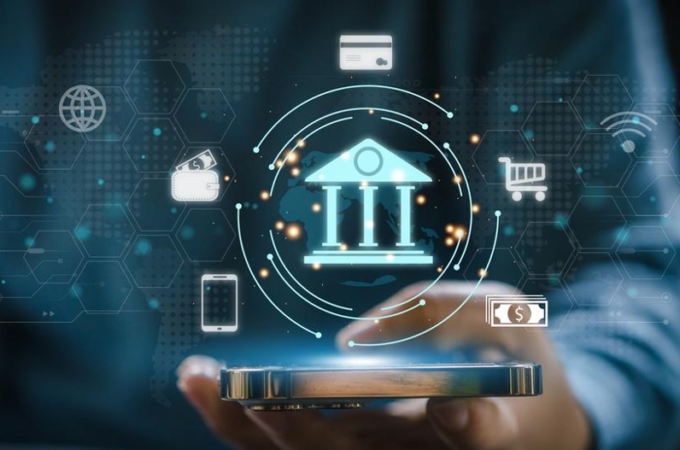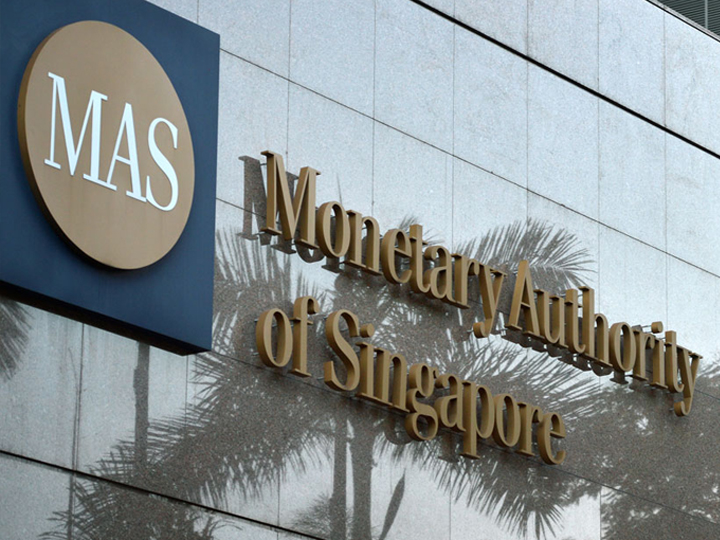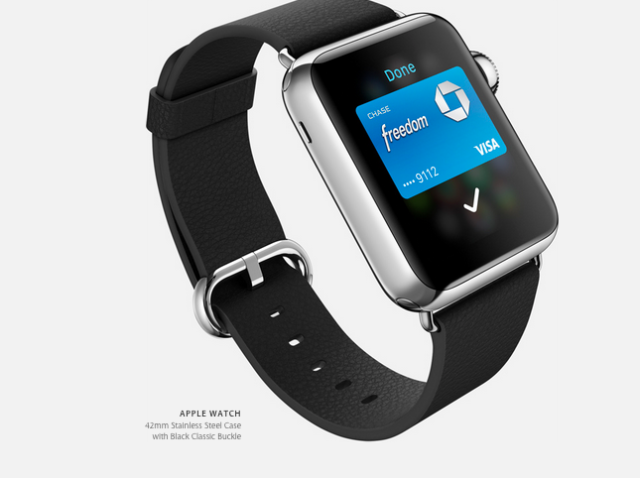
Apple Pay Coming to Best Buy Stores as Retailer Breaks Ranks From Walmart-Led Rival
RE/CODE: Best Buy is the first big-name U.S. retailer to break ranks with a Walmart-led Apple Pay competitor, announcing today that it will accept Apple’s digital payment system in its U.S. stores later this year. Best Buy has also started accepting Apple Pay as a payment method in its apps, Apple CEO Tim Cook first announced on an analysts call on Monday after the company issued its earnings report.
The partnership is a big one for Apple, because it’s the first with a member of MCX, a consortium of retailers and food chains that is building a payment app called CurrentC that is expected to be competitive with Apple Pay. A Best Buy spokeswoman said, “We remain invested in MCX,” but would not commit to accepting CurrentC when it launches to the public.
“We are actively monitoring their pilots,” she said. “It’s too early to declare whether we will take it at launch.”
In a statement, MCX Chief Operating Officer Scott Rankin called Best Buy “a strong MCX partner and supporter of the CurrentC initiative.”
“As we have stated in past,” he added, “we are of the firm belief that there need to be at least two to three major players within the mobile payments ecosystem for it to succeed. We remain steadfast and passionate about CurrentC, as well as completely focused on delivering the best mobile commerce solution for our merchant partners and for consumers.”
It’s not clear if other MCX merchants will follow Best Buy’s lead and begin accepting Apple Pay in their stores.
(Update: Multiple sources told Re/code that at least part of the reason that Best Buy stores won’t begin accepting Apple Pay until later this year is because the retailer’s exclusivity agreement with MCX doesn’t expire until this summer. A Best Buy spokesperson would not confirm or deny that information, but said the retailer also needs to make updates to its checkout system before Apple Pay can be accepted. An MCX spokesperson would not comment on the specifics of Best Buy’s agreement, but acknowledged that “all MCX merchants do agree to exclusivity” and that “those provisions are designed to expire and as such as are limited in both time and scope.”)
The MCX consortium, spearheaded by Walmart, first attracted a ton of media attention in the fall when two of its members — CVS and Rite Aid — turned off support for Apple Payafter briefly accepting it in their stores.
One of the main goals of MCX was to create a mobile wallet that included payment methods that are less expensive for merchants to process than traditional big-name credit cards — with customers funding the CurrentC app through their bank account or store-branded credit card rather than, say, an American Express card. Walmart sued Visa last year, claiming that the credit card network conspired with banks to set unreasonable transaction fee prices charged to merchants.
Apple Pay, on the other hand, favors traditional credit and debit accounts, and does not support the store-branded card and bank account hook-ups that are cheaper for merchants to process. As a result, some inside MCX were opposed to MCX merchants accepting Apple Pay, and no national chains have announced intentions to do so until now.
The Apple Pay system allows people with newer models of the iPhone to pay for items in stores by placing their phone or Apple Watch near the checkout terminal. No need to swipe a physical card or cough up cash. The system also allows iPhone owners to pay for stuff in partnering apps by using payment information on file with Apple, which eliminates the need to type in credit card or shipping information for every purchase. For both use cases, the phone’s fingerprint identification technology helps secure the transaction.
The payment system launched in the fall with in-store partners such as Whole Foods and McDonald’s but still faces challenges. One big hurdle is convincing shoppers that there is a big advantage to paying with their phone or watch, when swiping a card is in many cases just as easy.
Read more on the topic: TECHCRUNCH

